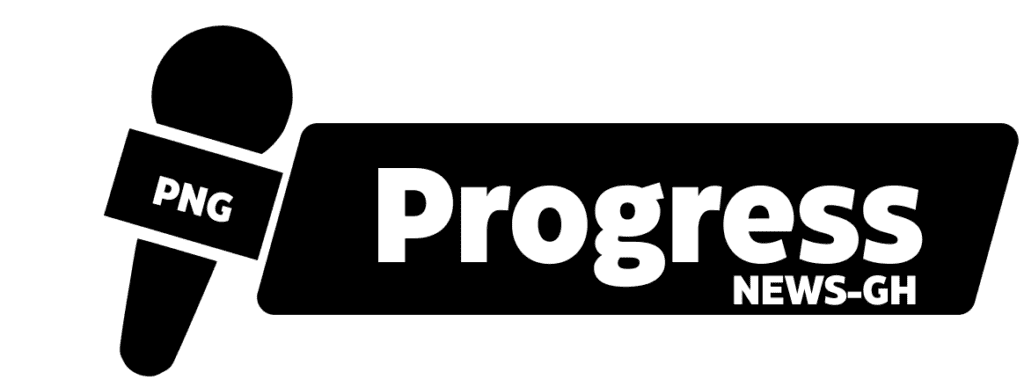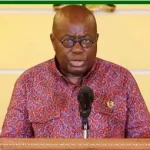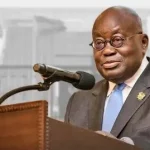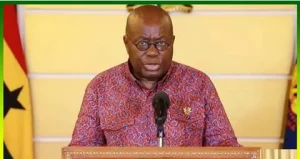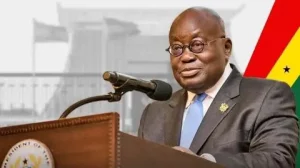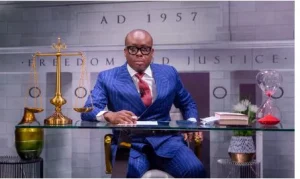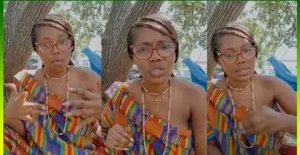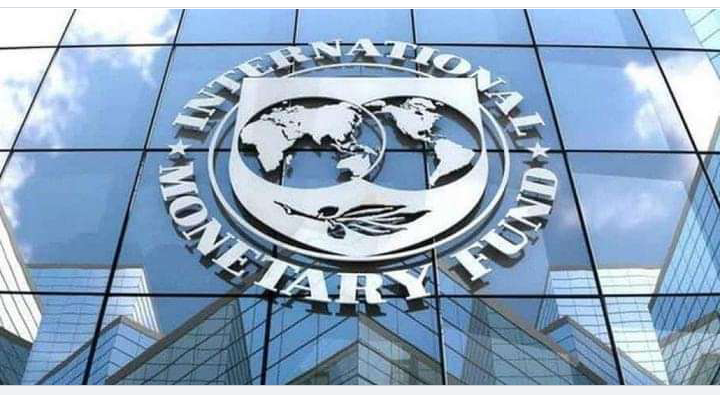
A team from the International Monetary Fund (IMF) has concluded discussions with the government of Ghana on policies and reforms as Ghana seeks a program from the fund
The IMF team, led by by Stéphane Roudet, Mission Chief for Ghana, as they arrived in Accra on September 26, 2022.
In a press statement, the IMF team indicated that, the visit will include engagements with other stakeholders such as the Bank of Ghana, Parliament, business associations and civil society groups.
At the conclusion of the latest visit, Mr. Roudet in a statement said, “key areas of focus included ensuring public finance sustainability while protecting the vulnerable, bolstering the credibility of monetary and exchange rate policies to reduce inflation and rebuild external buffers, preserving financial sector stability, and steps to encourage private investment and growth, including by improving governance, transparency, and public sector efficiency.”
According to her, “The team will return to Washington, D.C. to advance its technical work. This includes making further progress on assessing Ghana’s debt sustainability. The discussions with the authorities will also continue in the weeks ahead, including during the upcoming Annual Meetings that will be convened at IMF headquarters.”
Background
This follows the downgrade of Ghana’s credit to junk status by rating agency, Fitch.
Fitch downgraded Ghana’s Long-Term Local- and Foreign-Currency Issuer Default Ratings (IDRs) to ‘CC’, from ‘CCC’.
The latest downgrade reflects the high likelihood that Ghana will pursue a debt restructuring given the mounting financing stress, with increasing interest costs on domestic debt and a prolonged lack of access to Eurobond markets.
In July, 2022, an IMF staff team led by Carlo Sdralevich visited Accra to assess the current economic situation and discuss the broad lines of the government’s Enhanced Domestic Programme that could be supported by a Fund lending arrangement.
The team held a meeting with Vice President Bawumia, Finance Minister Ofori-Atta, and the Governor of the Bank of Ghana, Dr. Ernest Addison. The team also met with the Parliament’s Finance Committee, civil society organizations, and development partners, including UNICEF and the World Bank to engage on social spending.
At the end of the meeting, the IMF team reaffirmed its commitment to support Ghana at this difficult time, consistent with its policies.
“Ghana is facing a challenging economic and social situation amid an increasingly difficult global environment. The fiscal and debt situation has severely worsened following the Covid-19 pandemic. At the same time, investors’ concerns have triggered credit rating downgrades, capital outflows, loss of external market access, and rising domestic borrowing costs.
“In addition, the global economic shock caused by the war in Ukraine is hitting Ghana at a time when the country is still recovering from the Covid-19 pandemic shock and with limited room for maneuver. These adverse developments have contributed to slowing economic growth, accumulation of unpaid bills, a large exchange rate depreciation, and a surge in inflation”, it said.
It further indicated that, it held initial discussions on a comprehensive reform package to restore macroeconomic stability and anchor debt sustainability, adding that, the team made progress in assessing the economic situation and identifying policy priorities in the near term.
The discussions was mainly focused on improving fiscal balances in a sustainable way while protecting the vulnerable and poor; ensuring credibility of the monetary policy and exchange rate regimes; preserving financial sector stability; and designing reforms to enhance growth, create jobs, and strengthen governance.
The statement concluded that, the IMF staff will continue to monitor the economic and social situation closely and engage in the coming weeks with the authorities on the formulation of their Enhanced Domestic Programme that could be supported by an IMF arrangement and with broad stakeholders’ consultation.
